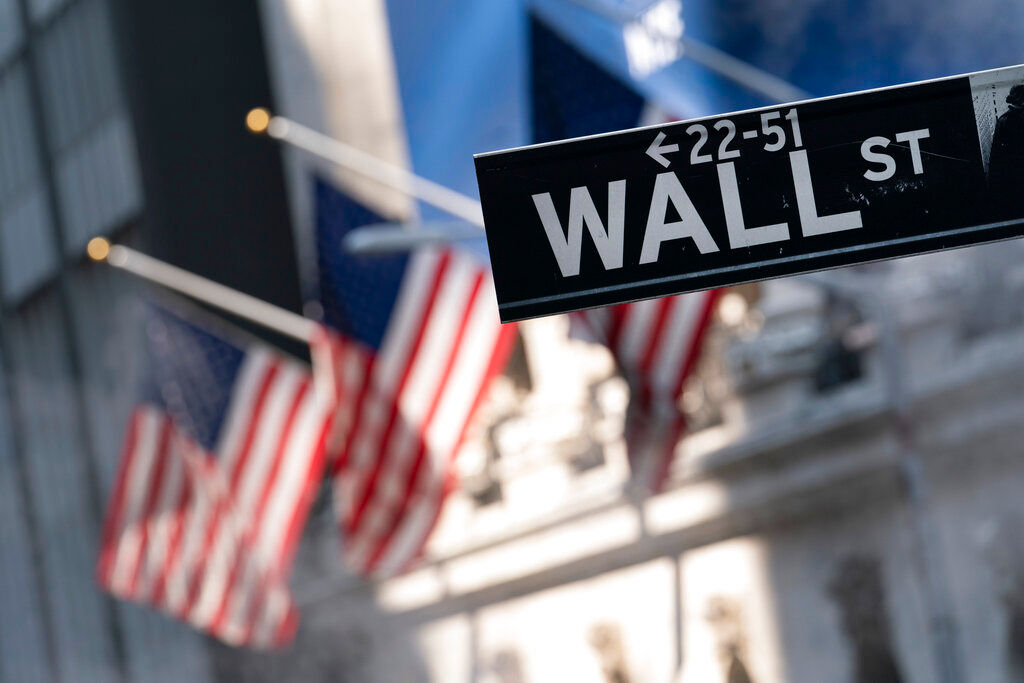Wall Street stocks fell sharply in early trading on Tuesday
as disappointing earnings reports impacted travel and technology stocks.
Investors remained focused on the inflation report this week.
The S&P 500 fell 20.04 points or 0.48% to 4,120.02 as
of 10:07 Eastern time. The Dow Jones Industrial Average fell 68.23 points or
0.21% to 32,764.31. The Nasdaq fell 175.98 points or 1.39% to 12,468.48.
Also Read | ‘The best is yet to come’, Donald Trump teases a run for Presidency in 2024
Technology stocks fell sharply and pulled the broader
market down. Chipmaker Micron Technology declined 4.1% after cutting its
revenue forecasts citing weakening demand. Nvidia also lost 3.6%.
Norwegian Cruise Line tumbled 10.1% after reporting
disappointing financial results and issuing a weak revenue forecast. The weak
results negatively impacted travel-related stocks. American Airlines lost 3.1%
and Expedia slipped 1.9%.
Also Read | Iran places first import order worth $10 million using cryptocurrency
Energy stocks witnessed gains as oil prices increased. US
crude oil prices rose 1.1% and Exxon Mobil rose 2.9%.
The 10-year Treasury yields rose to 2.81% from 2.75% late
Monday.
Investors have been reviewing the latest batch of corporate
earnings and the latest economic reports for more clarity on how inflation is
affecting businesses and consumers. Disney, Wynn Resorts, and Wendy’s will
release their quarterly results this week.
Also Read | Explosion in Google’s Iowa data center injured 3, caused outage: Reports
The US Labor Department will release its consumer prices
report for July on Wednesday, followed by its producer prices report on
Thursday. Investors and economists will look for any hints that the Federal
Reserve’s aggressive rate hikes in the past few months have helped to control
the four-decade high inflation.
Also Read | Meta’s latest chatbot becomes anti-Semitic, develops Trump’s rhetoric
The Fed has raised rates four times this year in a bid to
slow down the economy and curb inflation. Investors are concerned that the
central bank could increase the rates too high or too quickly to put the
economy into a recession. Last week’s strong July jobs report has most
economists predicting the Fed will again raise short-term interest rates by as
much as another three-quarter of a point at its September meeting.






